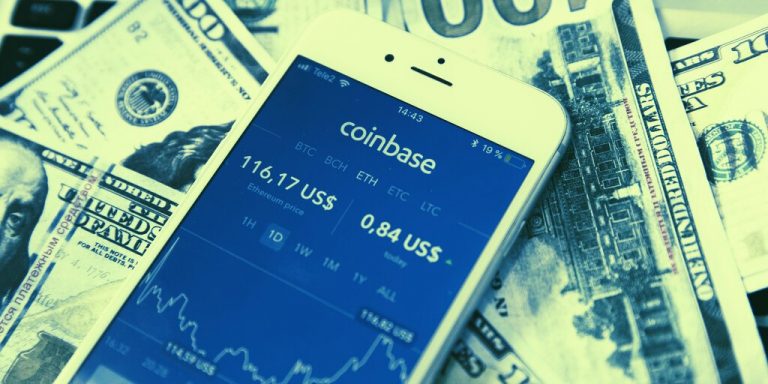
As of early January 2025, Coinbase Wallet has introduced a new feature that allows users to deposit cash and paychecks directly into their accounts. This functionality aims to make it easier for users to manage their finances and invest in cryptocurrencies.
This feature is available to most users globally through the mobile app, where users can create a virtual account for receiving these deposits. This update signifies a move towards making cryptocurrency more accessible by integrating traditional banking methods directly into the wallet’s functionality. However, for direct paycheck deposits, Coinbase had previously supported this feature but discontinued it for Coinbase accounts as of November 25, 2024.
They planned to relaunch an improved version, specifically for Coinbase Wallet in the future. Therefore, while direct cash deposits are now supported, the status of paycheck deposits into Coinbase Wallet might still be in transition or not fully implemented as of the latest update.
Register for Tekedia Mini-MBA edition 19 (Feb 9 – May 2, 2026): big discounts for early bird.
Tekedia AI in Business Masterclass opens registrations.
Join Tekedia Capital Syndicate and co-invest in great global startups.
Register for Tekedia AI Lab: From Technical Design to Deployment (next edition begins Jan 24 2026).
Here are some key points:
Direct Deposits: Users can now have their paychecks deposited directly into their Coinbase Wallet. This feature supports both partial and full paycheck deposits.
Cash Deposits: In addition to paychecks, users can also deposit cash into their Coinbase Wallet, providing more flexibility in managing their funds.
Zero Fees: Coinbase offers zero trading fees on direct deposits, making it more cost-effective for users to grow their crypto holdings.
Spending and Rewards: The Coinbase Card, linked to the wallet, allows users to spend their funds easily and earn crypto rewards on purchases. This new functionality enhances the convenience and utility of Coinbase Wallet, making it a more comprehensive financial tool for users.
In a different twist, On January 7, 2025, Judge Katherine Polk Failla of the U.S. District Court for the Southern District of New York granted Coinbase’s request for an interlocutory appeal, effectively pausing the ongoing Securities and Exchange Commission (SEC) lawsuit against the cryptocurrency exchange. This decision allows Coinbase to challenge key aspects of the SEC’s claims by moving the case to the Second Circuit Court of Appeals.
The appeal centers on the question of whether an “investment contract” under U.S. securities law requires a formal agreement, a significant issue for the broader cryptocurrency industry. This ruling comes amidst conflicting court decisions regarding the application of the Howey Test to crypto assets and represents a pivotal moment in the regulatory landscape for digital assets.
The Howey Test was established in the Supreme Court case SEC v. W.J. Howey Co. (1946), where it was ruled that a leaseback arrangement for citrus groves constituted an investment contract. Since then, the test has been applied to assess whether various financial instruments and schemes, including those involving cryptocurrencies, should be regulated as securities.
The application of the Howey Test to cryptocurrencies and tokens has been a subject of significant debate, especially with initial coin offerings (ICOs) and other blockchain-based financial instruments. The SEC has used this test to argue that many digital assets might be securities, impacting how these assets are offered, sold, and regulated.
However, outcomes can vary based on the specifics of each case, with some cryptocurrencies like Bitcoin being viewed as not meeting all the criteria, particularly in terms of “common enterprise” and “efforts of others,” due to their decentralized nature.
Understanding whether a digital asset passes the Howey Test is crucial for compliance with U.S. securities laws, as it dictates whether registration with the SEC or exemptions from registration are necessary. This test isn’t static; its application can evolve with legal interpretations and changes in the financial landscape, particularly in areas like blockchain technology and decentralized finance (DeFi).



